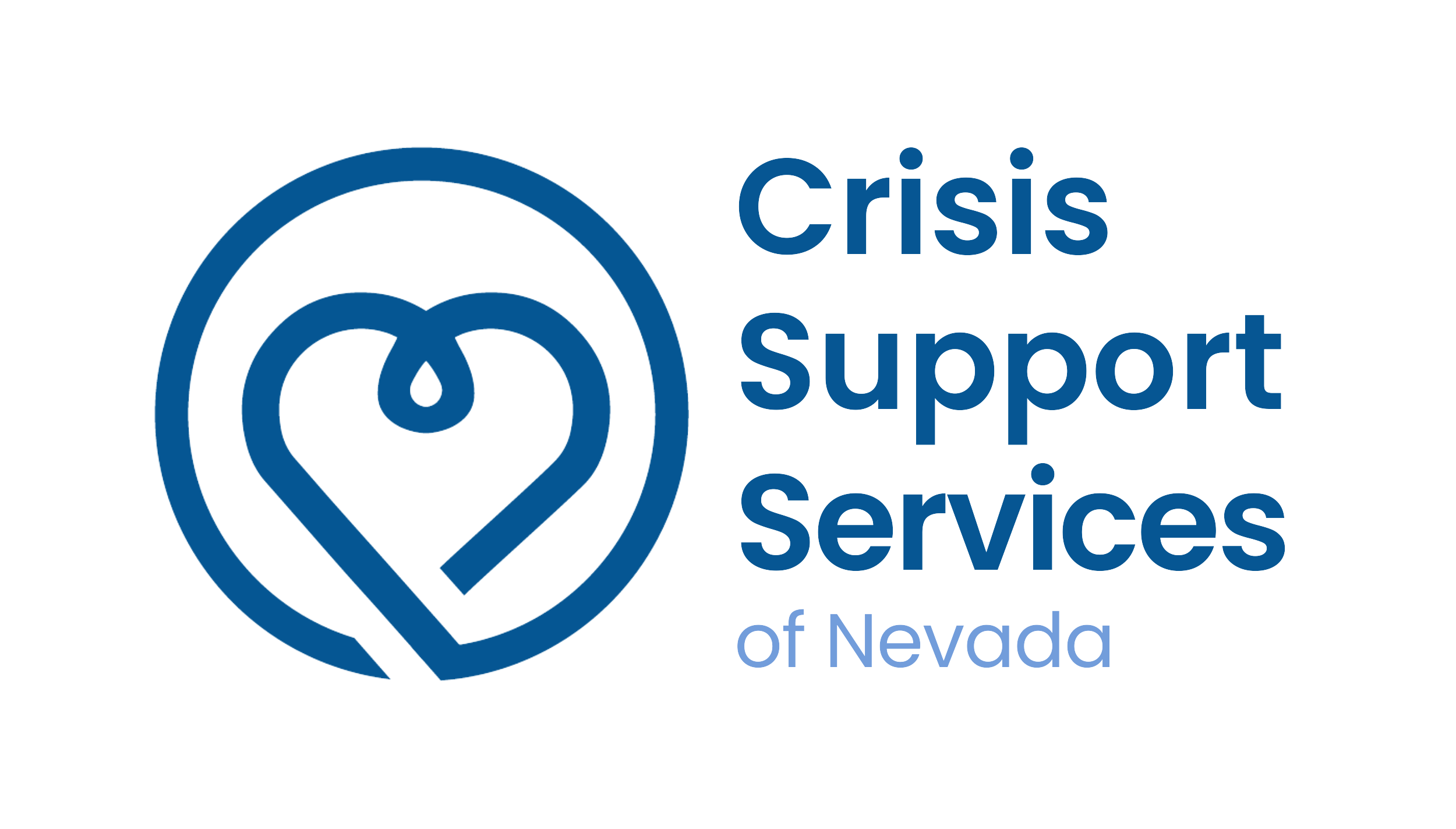The Board of Directors sets Crisis Support Services of Nevada’s strategic direction and policies.
President
Micah Grover
Secretary
Dani Levine
Treasurer
Monica Robb
Eric Eads
A’keia Sanders
Tanga Shirly
Kurt Thigpen
Board of Directors’ Responsibilities
Crisis Support Services of Nevada’s Board of Directors is legally and morally responsible for all activities of Crisis Support Services of Nevada. Board members are responsible for determining agency policy in the following areas: Fundraising/Finance, Human Resources, Strategic Planning, Community Relations, and Organizational Operations.
- Raising funds and/or ensuring that adequate funds are raised to support the organization’s policies and programs
- Ensuring financial accountability of the organization
- Overseeing an ongoing process of budget development, approval and review
- Managing and maintaining properties or investments the organization possesses
Board members have four key responsibilities in this area:
- Board membership (which includes recruiting new board members, and providing existing board members with opportunities to grow and develop as leaders)
- Executive Director accountability (which includes hiring, firing and ongoing evaluation of the Executive Director)
- Personnel policies (which include providing policy guidance about salaries, benefits, and grievance procedures)
- Volunteer Involvement (which includes setting policy regarding how volunteers should be used; in what areas; and generally how the organization should treat, recognize and celebrate its volunteers)
Board members have four key responsibilities in this area:
- Setting and reviewing the organization’s mission/philosophy and goals
- Planning for the organization’s future, on a long and short range basis
- Deciding and planning which services/programs the organization provides
- Evaluating the organization’s programs and operations on a regular basis
Board members have four key responsibilities in this area:
- Ensuring that the organization’s programs and services appropriately address community/client needs
- Marketing the organization’s services/programs
- Ongoing public relations, (which includes an awareness that board members are always emissaries of the organization in the community)
- Cooperative action, (which includes occasions when the organization could/should take part in coalitions, joint fundraising, etc.)
Board members have four key responsibilities in this area:
- Ensuring that the organization’s administrative systems are adequate and appropriate
- Ensuring that the board’s operations are adequate and appropriate
- Ensuring that the organization and legal structures are adequate and appropriate
- Ensuring that the organization and its board members meet all applicable legal requirements

